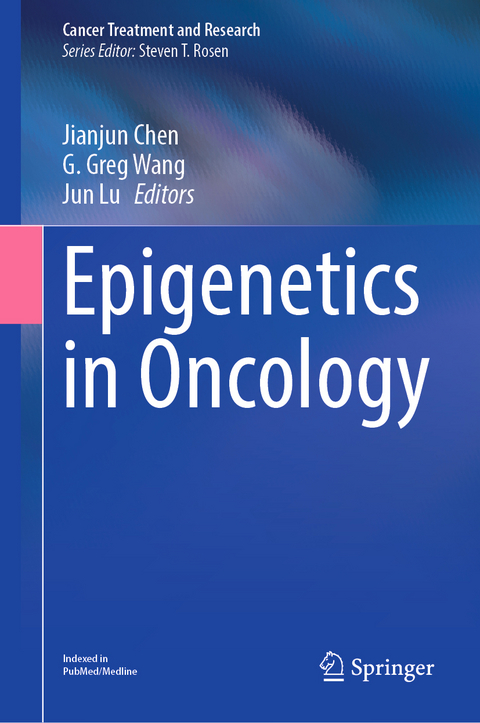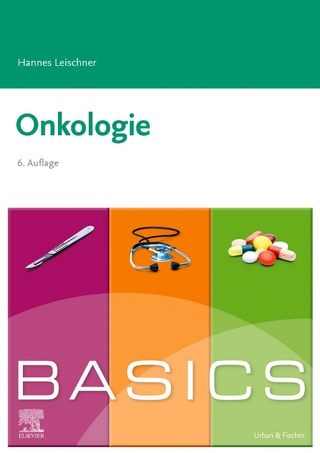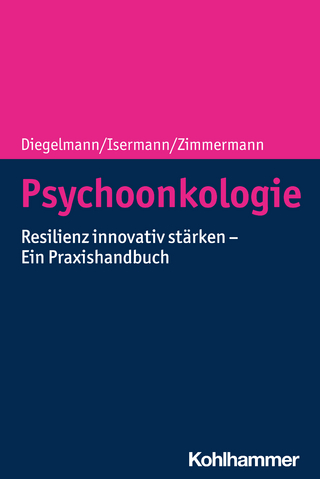
Epigenetics in Oncology
Springer International Publishing (Verlag)
978-3-031-45653-4 (ISBN)
This book addresses Epigenetics in Cancer and covers the most recent advances in RNA/histone/DNA epigenetics in Oncology. RNA/histone/DNA epigenetics have been shown to play pivotal roles in cancer initiation, progression, maintenance and drug response/resistance, tumor microenvironment, cancer stem cell self-renewal, cancer metabolism, and tumor immune evasion. In particular, research in RNA cancer epigenetics has made impressive progress in the last few years.
Individual chapters in Part I (focusing on RNA epigenetics) are devoted to RNA modifications in Cancer Metabolism and Microenvironment, Cancer Stem Cell Biology, Immune Surveillance, Solid Tumors and Tumor Immunity, and Hematopoietic Malignancies, as well as to RNA editing in Cancer. Chapters in Part II and III of the book focus on histone epigenetics and DNA epigenetics, respectively.
By familiarizing readers with the latest developments in this complex and challenging field, the book offers a valuable resourcefor scientists, graduate students and clinicians alike.
lt;b>Jianjun Chen, Ph.D.Dr. Jianjun Chen is currently a Full Professor & Chair of the Department of Systems Biology, City of Hope. He is also a Faculty Member of the City of Hope Comprehensive Cancer Center (COHCCC) and a faculty member of the Gehr Family Center for Leukemia Research, City of Hope. Dr. Chen received his Ph.D. degree from Shanghai Institute of Biochemistry, Chinese Academy of Sciences, Shanghai, China, and then conducted postdoc training with Dr. Janet D. Rowley at the University of Chicago. He launched his independent laboratory in the beginning of 2009 in the Department of Medicine at University of Chicago. Before joining City of Hope Beckman Research in October 2017, Dr. Chen had been serving as an Associate Professor (with tenure) of Cancer Biology at the University of Cincinnati for a few years after moving from University of Chicago. Dr. Chen was named The Simms/Mann Family Foundation Endowed Professor, and a Scholar of the Leukemia & Lymphoma Society (LLS). The Chen laboratory has been focusing on both basic and translational research associated with RNA/DNA epigenetics, especially RNA modification related to the N6 methyladenosine (m6A) machinery and DNA demethylation related to the TET1/2/3 family, and have developed several small-molecule compound inhibitors to selectively target cancer-related RNA/DNA epigenetic modifiers that hold therapeutic potential. Dr. Chen is an internationally renowned pioneer and leader in the field of RNA Cancer Epigenetics or RNA Cancer Epitranscriptomices. The ultimate goal of the Chen lab is to translate the laboratory discoveries into the development of effective novel therapeutic strategies by targeting cancer epigenetics pathways to treat cancers in the clinic.
Jun Lu, Ph.D.
Dr. Jun Lu is an Associate Professor of Genetics with tenure at Yale University School of Medicine. He is a Core Member of Yale Stem Cell Center, and a member of Yale Cancer Center and Yale Center for RNA Science and Medicine. Dr. Lu is also an Associate Director of the Cell Preparation and Analysis Core of the NIDDK-funded Yale Cooperative Center of Excellence in Hematology. Dr. Lu received his B.S. degree in 1997 from Nanjing University in China. He obtained doctoral degree in biochemistry at Boston University in 2003 and received postdoctoral training at the Broad Institute in Boston. Dr. Lu's laboratory studies gene regulatory mechanisms involving small noncoding RNAs and epigenetic pathways. His laboratory uses multi-disciplinary approaches, including computational biology and wet-lab experiments, to reveal regulatory mechanisms in the areas of hematopoiesis and cancer immunology. His papers have been cited over 20,000 times, and he has an H-index of 38. Dr. Lu was an Alexander and Margaret Stewart Trust Fellow and a William Guy Forbeck Research Foundation Scholar.G. Greg Wang, Ph.D.
Dr. Greg Wang is Full Professor at Department of Pharmacology and Cancer Biology, Department of Pathology and Duke Cancer Institute, Duke University. He received his Ph.D. degree from University of California, San Diego, followed by a postdoctoral training with Dr. C David Allis at Rockefeller University. Before joining Duke in 2023, he has been a full-time faculty member since 2011 at Lineberger Comprehensive Cancer Center and Department of Biochemistry and Biophysics, University of North Carolina (UNC) at Chapel Hill. Dr. Wang's research programs broadly focus on mechanistic understandings of how chemical modifications of chromatin (including DNA methylation and histone modifications) regulate gene expression and cell fate determination during development, and how their deregulations lead to human diseases, notably cancer. His laboratory recently identified and characterized novel proteins that specifically bind to histone lysine methylation. These histone modification 'readers' are crucially involve
PART I RNA Epigenetics, RNA modifications in cancer metabolism and tumor microenvironment.- RNA modifications in cancer stem cell biology.- Recent advances of RNA m6A modifications in cancer immunoediting and immunotherapy.- Recent advances in RNA m6A modification in solid tumors and tumor immunity.- Recent advances in adenosine-to-inosine RNA editing in cancer.- RNA modification in hematopoietic malignancies.- PART II Histone Epigenetics, The SWI/SNF complex: A frequently-mutated chromatin remodelling complex in cancer.- Histone readers and their roles in cancer.- Polycomb repressive complex 2 in oncology.- Epigenetic (de)regulation in prostate cancer.- PART III DNA Epigenetics, TET methylcytosine dioxygenases in cancer.- Inferring the cancer cellular epigenome heterogeneity via DNA methylation patterns.
| Erscheinungsdatum | 22.12.2023 |
|---|---|
| Reihe/Serie | Cancer Treatment and Research |
| Zusatzinfo | VI, 393 p. 39 illus., 38 illus. in color. |
| Verlagsort | Cham |
| Sprache | englisch |
| Maße | 155 x 235 mm |
| Gewicht | 766 g |
| Themenwelt | Medizin / Pharmazie ► Medizinische Fachgebiete ► Onkologie |
| Naturwissenschaften ► Biologie ► Genetik / Molekularbiologie | |
| Schlagworte | Cancer Epigenetics • Cancer Epigenetic Therapy • DNA Modification • Histone modification • RNA Modification |
| ISBN-10 | 3-031-45653-X / 303145653X |
| ISBN-13 | 978-3-031-45653-4 / 9783031456534 |
| Zustand | Neuware |
| Haben Sie eine Frage zum Produkt? |
aus dem Bereich


